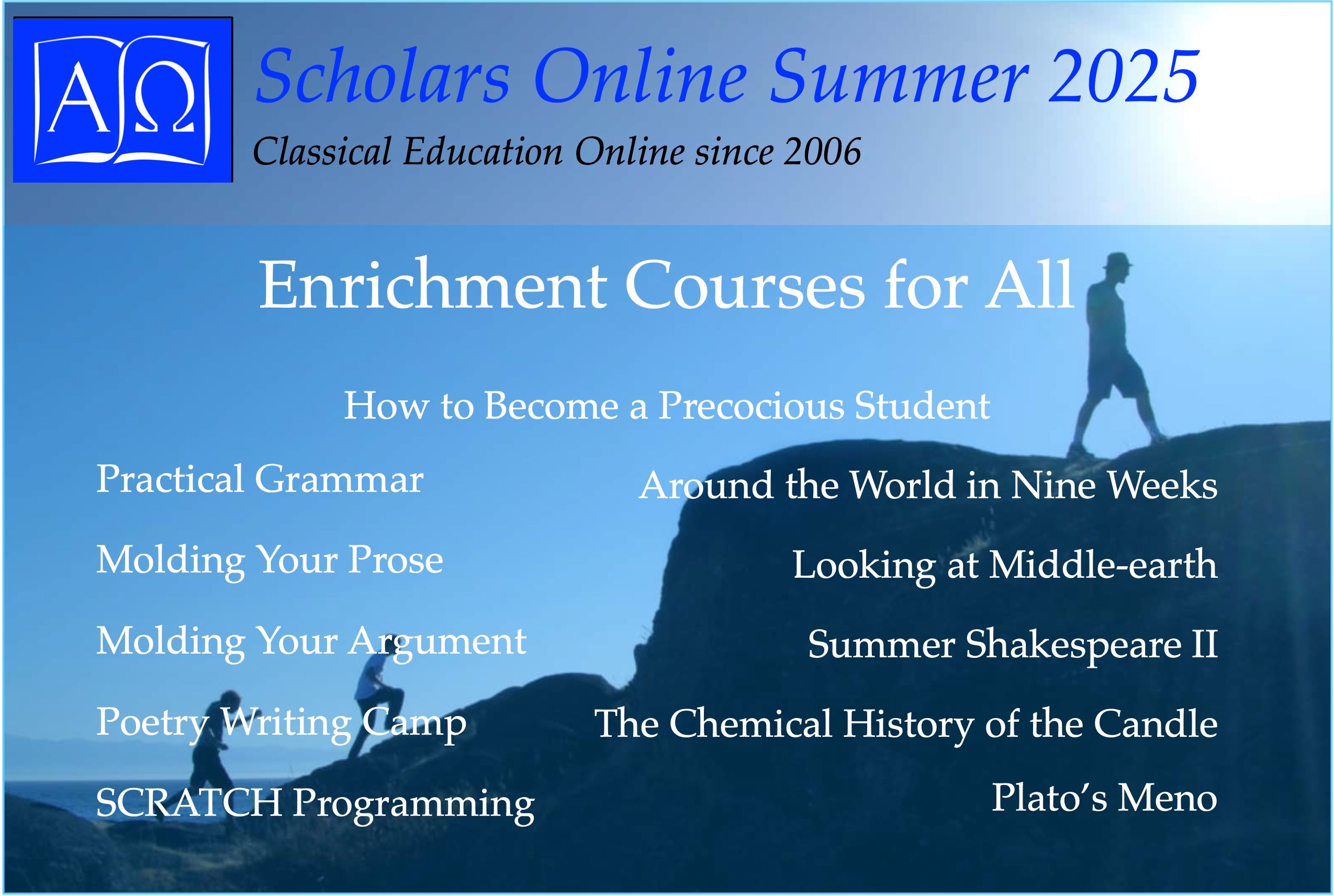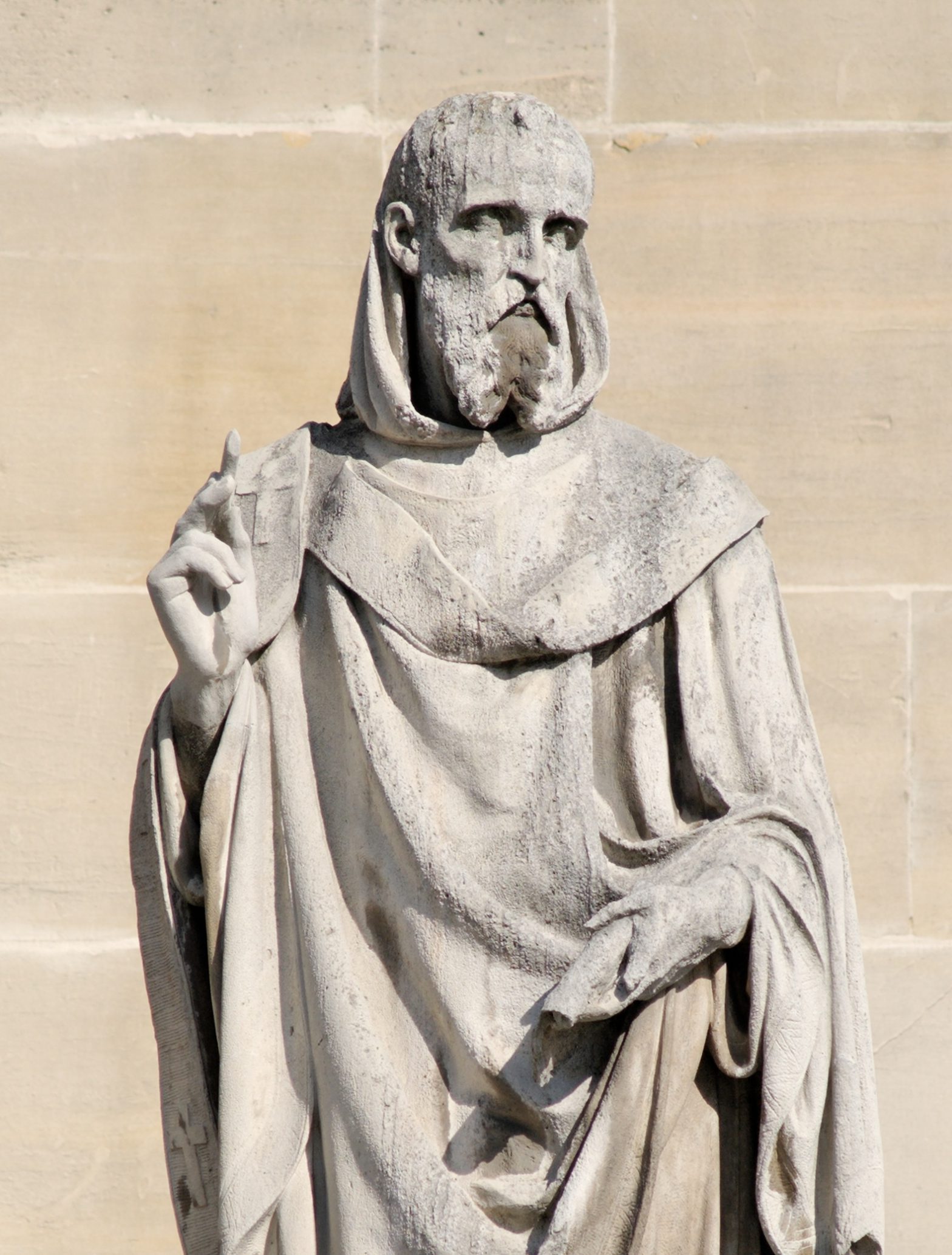Category: Literature
-

Summertime, and the Learning is Easy
The traditional school year in the United States and much of the rest of the world has been faulted for inefficiency: surely we could get more learning done, or do the same amount in less time, by simply continuing throughout the year, and not taking the summer off for what the English call the “long…
-

December 14: The Millau Viaduct
I like bridges. When I was in grammar school, there was a pedestrian footbridge over the flood control channel that ran along the playground boundary. There were students who lived “beyond the wash” and got to use the bridge every day to get to school. The bridge transcended the division that slashed the neighborhood in…
-

November 30: Gregory of Tours
I like Gregory of Tours. His feast is November 17, but I opted to talk about Möbius that day, so we’ll consider Gregory today, on the anniversary of his birth, A.D. November 30, 539. Students at Scholars Online have the rare opportunity to read Gregory, in English in Western Literature to Dante, or in Latin…
